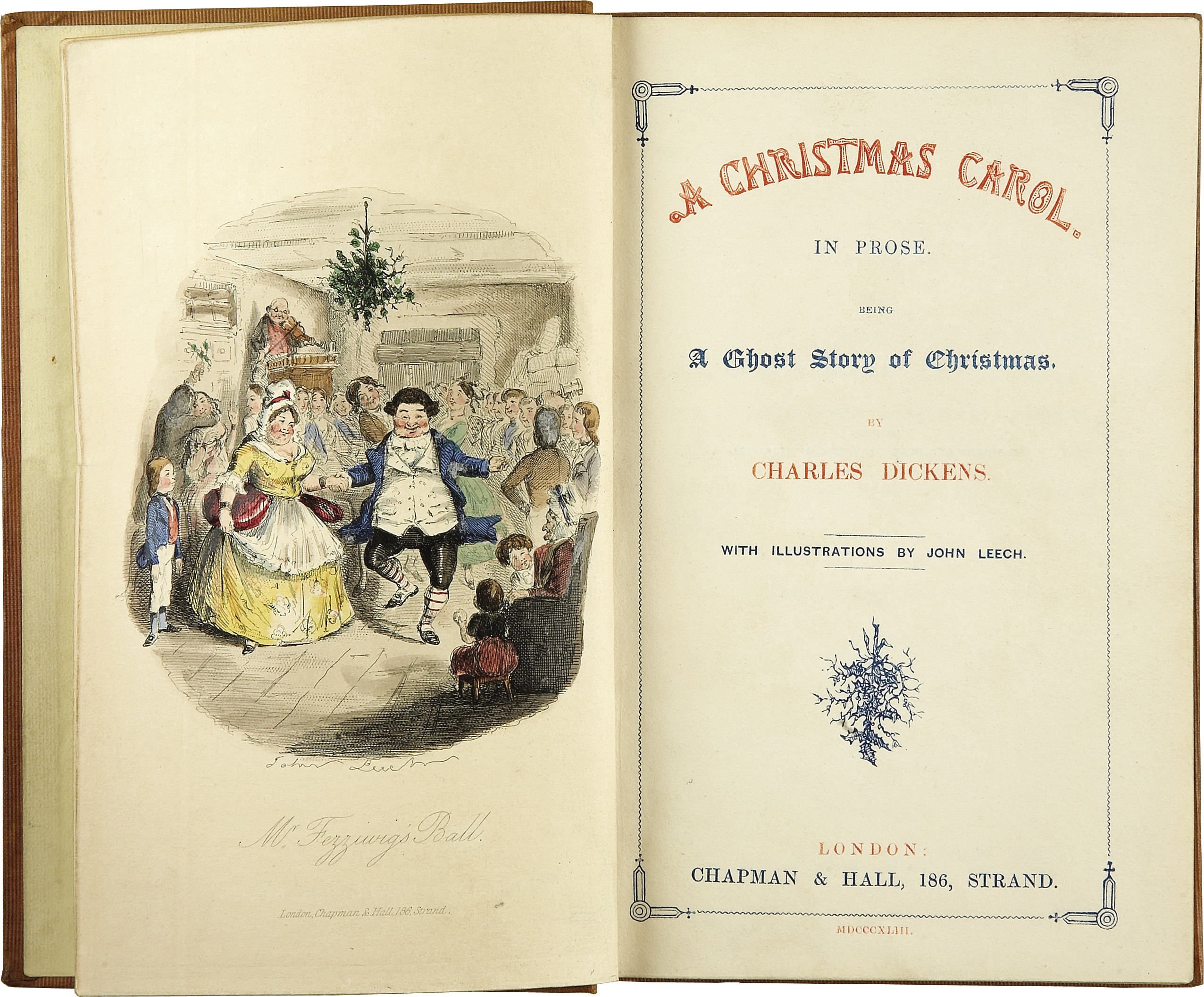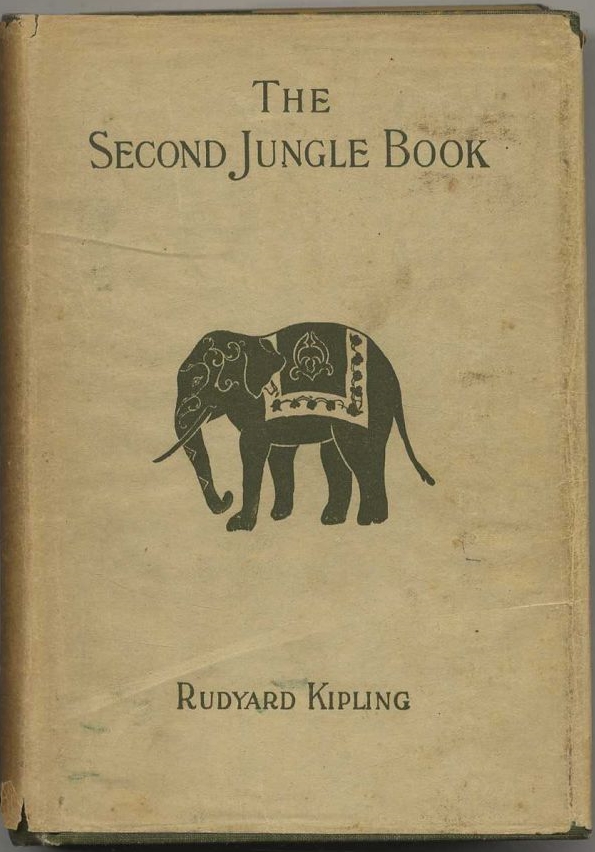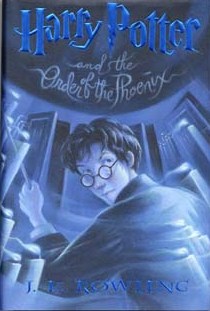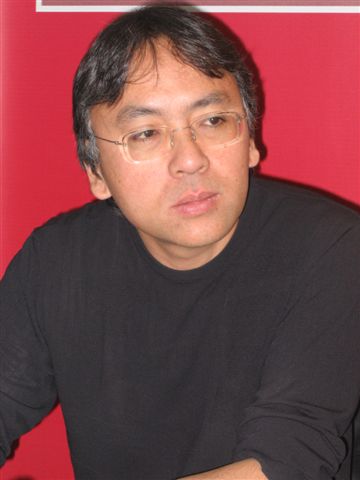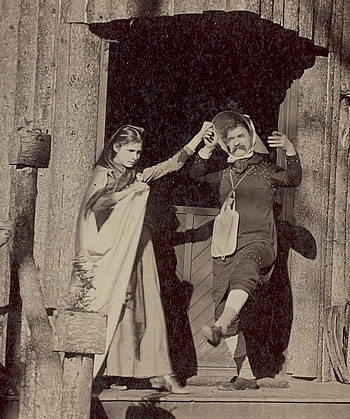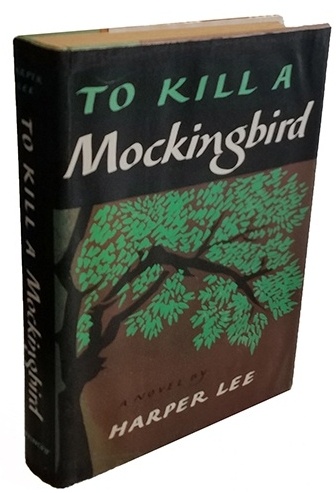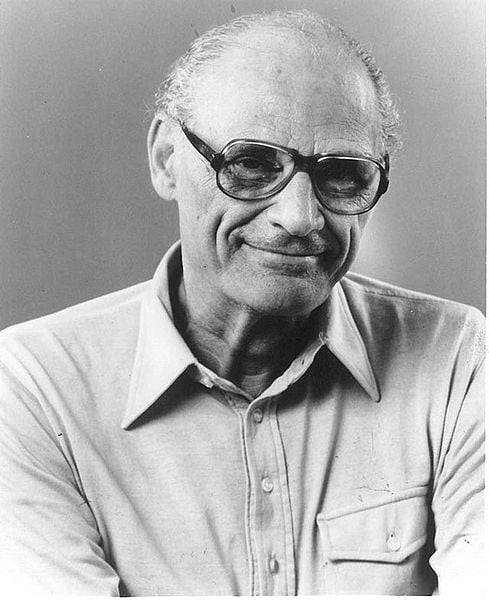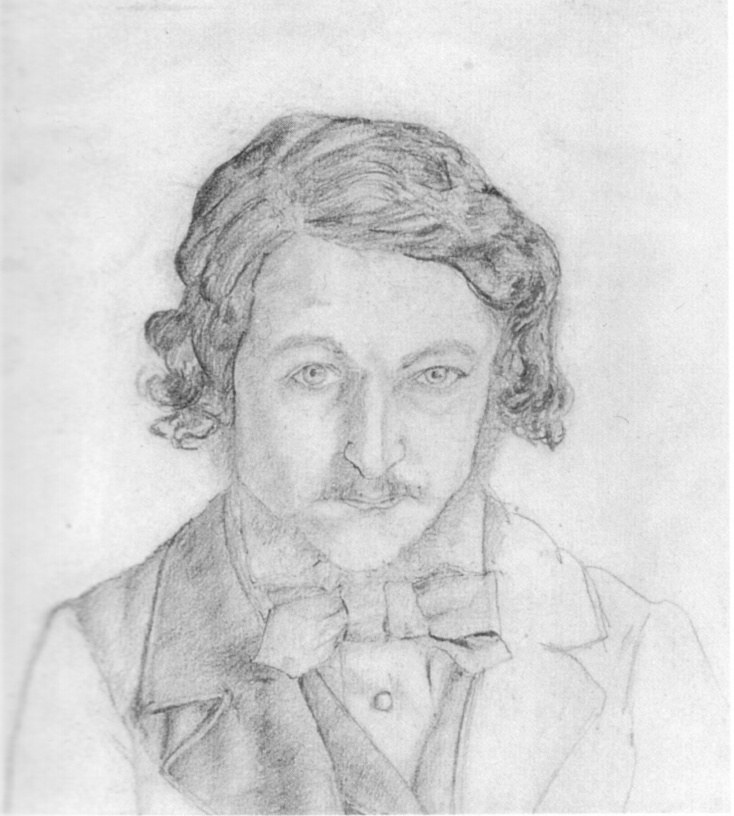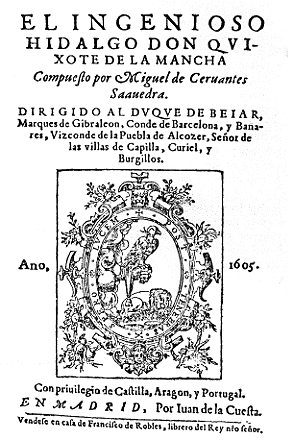If you’re traveling to London anytime soon and are an avid reader or collector of nineteenth-century British literature, why not plan a stop at the former home of Charles Dickens? We’re willing to guess that you’ve read at least one of Dickens’s novels, if not many of them. While he also wrote a number of works of nonfiction, drama, and poetry, Dickens is known best for his fiction (and largely his novels). You’ve probably read, or seen a film adaptation, of the novella A Christmas Carol (1843), in addition to reading novels such as The Pickwick Papers (1837), Oliver Twist (1839), David Copperfield (1850), Bleak House (1853), A Tale of Two Cities (1859), and Great Expectations (1861). Dickens is, perhaps, one of the most widely read English-language authors of the nineteenth century, and for Dickens' collectors or fans, it’s actually pretty easy to make a stop at his family home, which is now a museum that’s open to visitors.
us toll free: 1-800-948-5563 international: +1 (843) 849-0283 UK: +44 (0) 1334 260018




